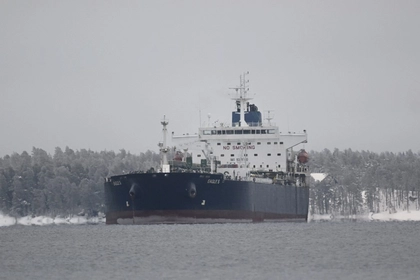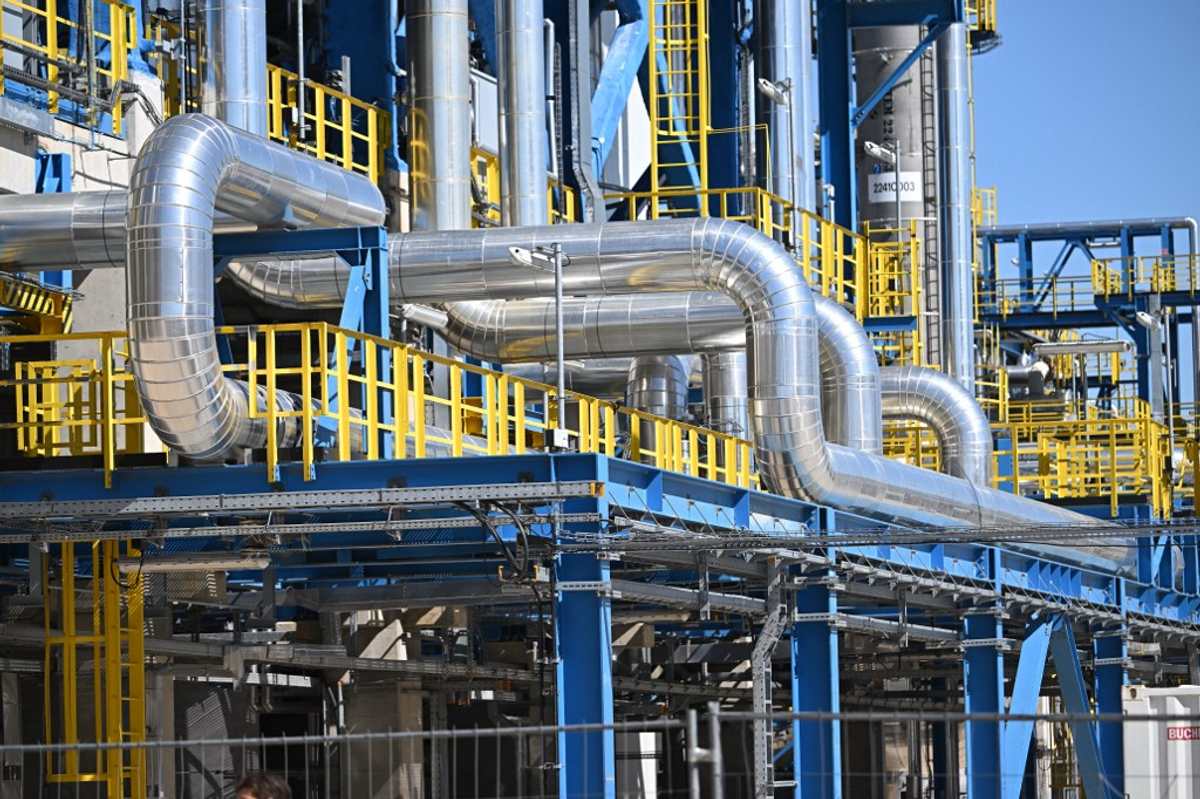Hungary has struck its largest deal for liquefied natural gas supplies, signing a contract with French energy group Engie, and opened talks on possible imports from Turkmenistan.
The move suggests Budapest is recalibrating its energy security strategy after years of deepening reliance on long-term Russian gas contracts.
Follow our coverage of the war on the @Kyivpost_official.
Hungary’s state-owned gas wholesaler, MVM CEEnergy, agreed last week to purchase 400 million cubic meters of gas annually from Engie between 2028 and 2038. Foreign Minister Péter Szijjártó said it was the longest LNG contract in the country’s history, describing it as a “pillar of energy security.”
The deal follows a September agreement with British energy firm Shell to buy 200 million cubic meters per year starting in 2026. Together, the two contracts would cover about 7.5% of Hungary’s annual gas demand of 8 billion cubic meters.
At the same time, Hungarian officials have expressed interest in new supplies from Central Asia. During a visit to Ashgabat, Hungary’s undersecretary of state for eastern affairs, Ádám Stifter, said Budapest hopes to begin importing gas from Turkmenistan.
He called Turkmenistan a “reliable partner” and said Hungary aimed to have multiple sources of supply in the future.
Reliance on Russia
Analysts note, however, that moving Turkmen gas to Europe would require transit through Azerbaijan or Iran, or the use of the Turkstream pipeline operated by Russia’s Gazprom, raising questions over feasibility.

Other Topics of Interest
Finnish Court Rules Lack of Jurisdiction Over Russian Oil Tanker Case
The case concerns Eagle S, a tanker of Russia’s so-called “shadow fleet” that was seized and accused of severing undersea cables in the Baltic Sea by Moscow’s order.
Hungary remains Gazprom’s largest customer in the European Union, bound by a 15-year contract signed in 2021 to purchase 4.5 billion cubic meters of gas annually until 2036. In practice, imports have been higher. Last year, Hungary bought 7.5 billion cubic meters of Russian gas, mostly through the Turkstream pipeline via Turkey and Serbia.
Prime Minister Viktor Orbán has repeatedly warned that abandoning Russian energy would be disastrous for Hungary’s economy, and both Hungary and Slovakia have resisted European Union proposals to phase out Russian gas.
Budapest continues to spend an estimated €500 million a month on Russian oil and gas, according to the Finnish think tank CREA. In July, Hungary’s gas imports from Russia were worth about €285 million, with oil imports at around €200 million.
For now, diversification adds only a fraction to Hungary’s overall energy mix, but the long-term contract with France’s Engie is the strongest sign yet that the government is preparing for a more varied energy future.
